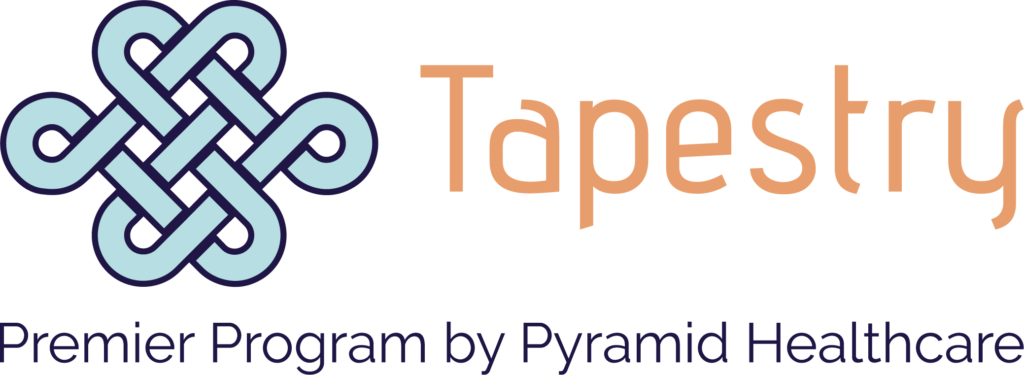How Fad Diets Hurt People’s Relationships with Food
Fad diets make extraordinary promises to participants in order to make money by guaranteeing rapid weight loss through eating plans that are typically unbalanced and hard to follow. Though some of these diets are wildly successful and originally designed to help people, they ultimately create unsustainable eating patterns.
Over time, fad diets can also be damaging to people’s relationships with food. In other words, they don’t work well and can lead to more problems than they attempt to solve. Fad diets undermine the idea of a balanced eating plan and exercise routine and can harm a person’s overall health. Our team at Tapestry has compiled a list of several reasons why fad diets, though understandable in theory, can hurt your relationship with food.
Fad Diets Encourage an Obsessive Focus on Food
Many fad diets lead people to focus obsessively on food. Extreme eating plans tend to require a dietary transformation. From the grapefruit diet to the cabbage soup plan, fad diets are largely inflexible, and participants have to take extraordinary measures to ensure they’re eating throughout the day according to the plan.
Additionally, when eating grapefruit for days on end, a person is likely to start longing for the foods they miss, and they might begin to think obsessively about their food cravings. If a person is focused on excluding foods, they might begin to develop an unbalanced perspective on food. This could lead to a negative relationship with food.
Fad Diets Create Stress
Fad diets are unsustainable, both physically and emotionally. Forcing yourself to adhere to strict dietary rules, like eating no solid foods for three days or working cabbage into every meal, can create unnecessary stress. When a person begins to stray from the plan, they might also experience guilt for replacing their ninth bowl of cabbage soup with a double cheeseburger.
When stress is involved with each meal and snack, it can lead to repeated negative eating experiences. Associating feelings like guilt and stress with food can negatively impact a person’s eating patterns.1 As these negative experiences pile up, a person’s relationship with food suffers.
Diets that create stress don’t have much hope of working in any case, so the stress and damage to a person’s relationship with food don’t even lead to positive results overall.
Fad Diets Can Damage Your Health
By eliminating entire categories of food or severely restricting how and when you eat, fad diets can cause or worsen many medical conditions. The health risks of fad diets include a higher likelihood of developing osteoporosis, cancer, heart disease, and high blood pressure. Some of the more severe fad diets can negatively impact your energy levels if you aren’t consuming enough calories to fuel your activities, leaving you feeling tired and sluggish no matter how much sleep you get.
Getting off the Fad Diet Roller Coaster
Avoiding fad diets will help to prevent you from compromising your well-being or creating an unsustainable eating pattern.2 Rather than excluding the majority of the wide variety of foods available, open yourself up to all the other options available to you. Allowing yourself to have options can lead to a positive relationship with food that isn’t hyper-focused on rules and restrictions.
References:
- https://www.everydayhealth.com/diet-nutrition/the-facts-on-fad-diets.aspx
- https://www.thediabetescouncil.com/13-tips-help-step-off-dietriot-roller-coaster/
Recovering from Eating Disorders is a Right
Tapestry knows that eating disorders can affect individuals at any age, which is why we’re proud to offer comprehensive, high-quality treatment programs for both adults and adolescents. Our team strives to help all our clients redefine their relationships with food through a combination of therapy, specially-designed meal plans, and more, and each client has the ability to work closely with our registered dietician to create a plan that serves their needs. We also encourage our clients that stay with us to stay connected to the outside world so the adjustment to life after program completion is seamless. We also treat mental health issues because we know disordered eating is often closely tied to depression, anxiety, and trauma.
Contact our team today online or by phone at (828) 490-4032 if you or someone you know needs help in treating an eating disorder in Asheville or elsewhere in Western North Carolina. From bulimia and anorexia to binge eating, we have specialized treatments for your unique issues.






